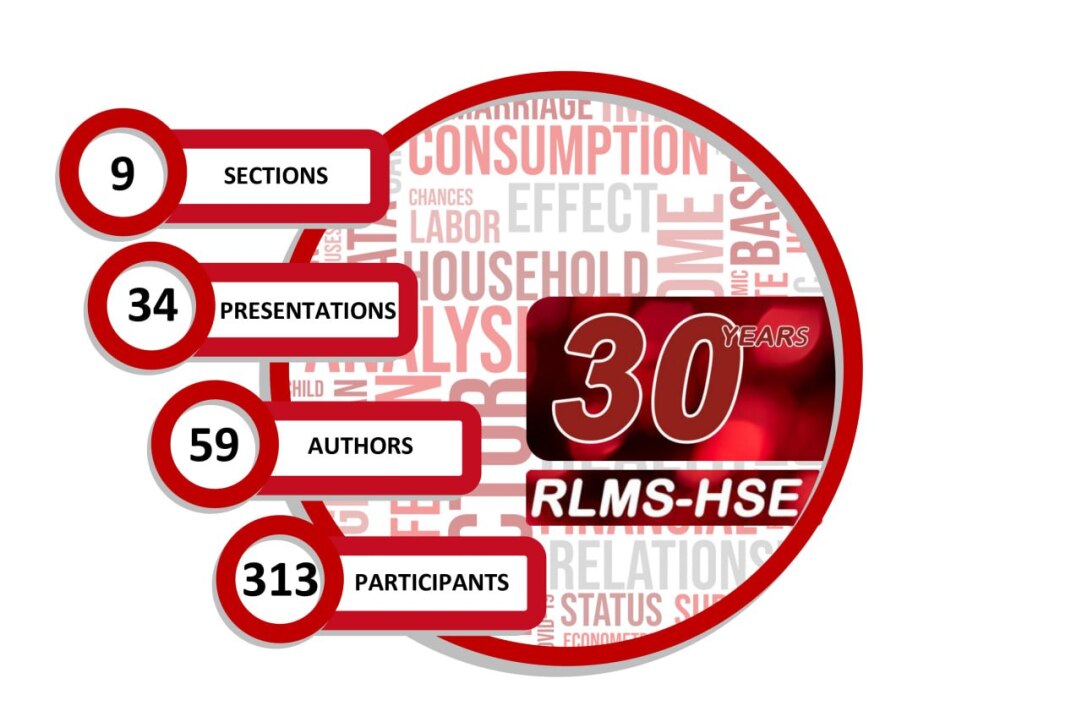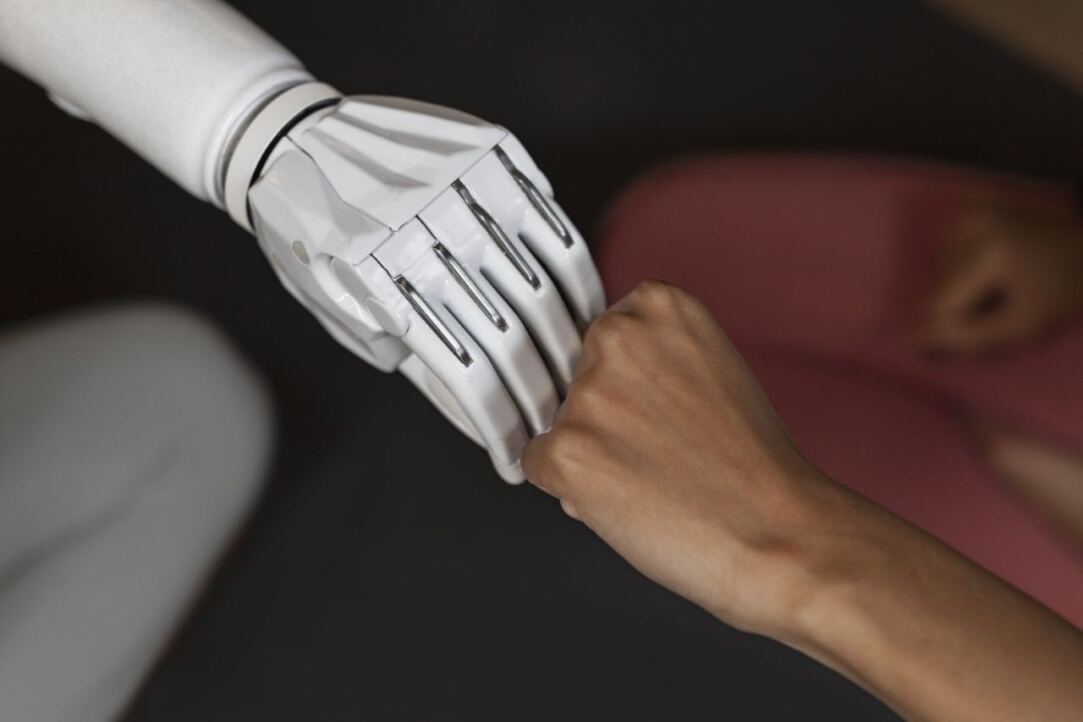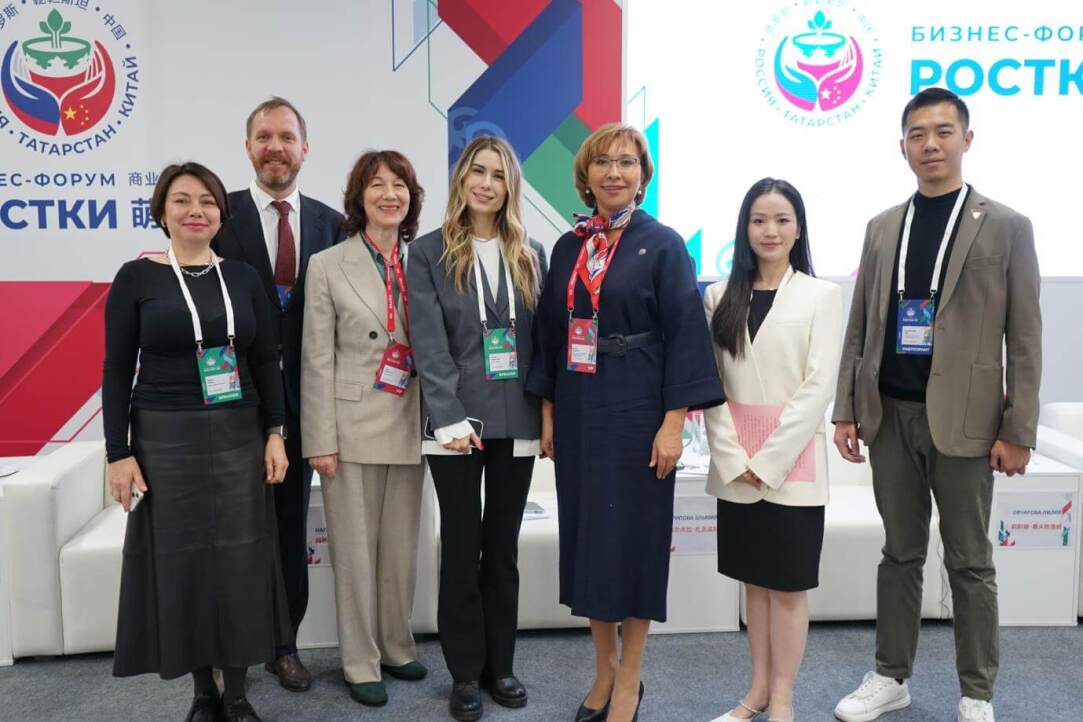A unique approach to measuring human well-being has been developed at HSE University, opening up new opportunities for international collaboration. Russia and China, both of which have significantly reduced poverty in recent years, demonstrate a unique potential for joint efforts in this area. At an international forum in Kazan titled ‘SPROUTS: Russia and China–Mutually Beneficial Cooperation,’ HSE University representatives, including Vice Rector and initiator of the Human Capital Multidisciplinary Research Centre Lilia Ovcharova, and Deputy Vice Rector Maria Nagernyak, emphasised the importance of integrating the efforts of the two countries.




















